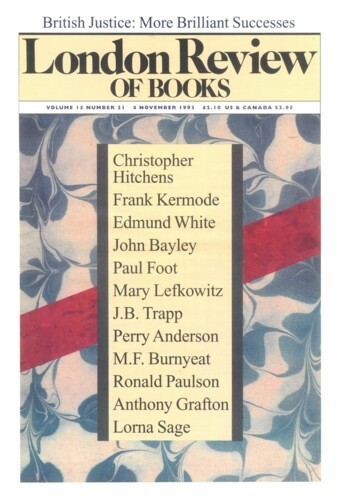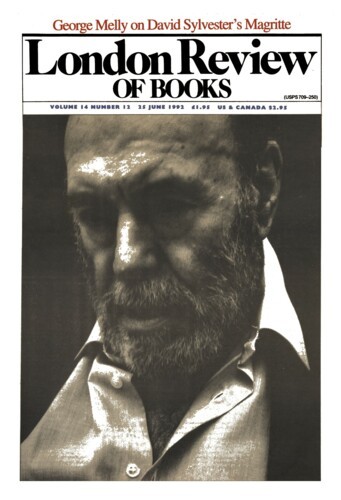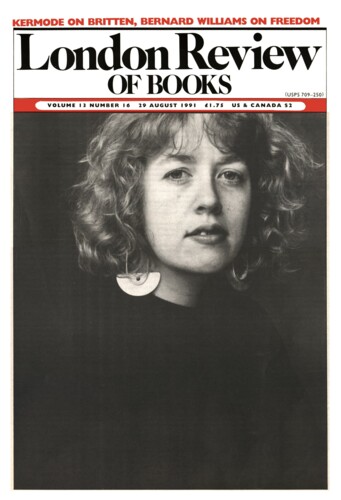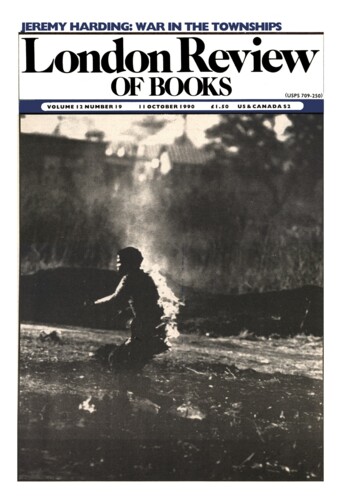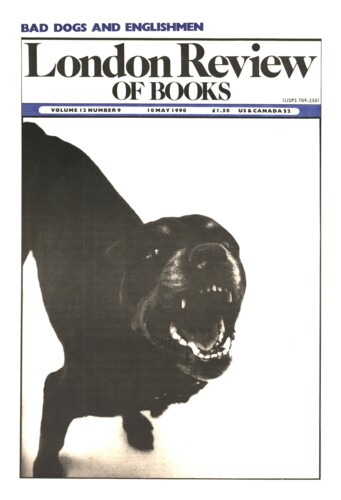Pocock’s Positions
Blair Worden, 4 November 1993
The front cover and title-page conceal the central fact of Political Discourse in Early Modern Britain, that it is a Festschrift for the historian of political thought J.G.A. Pocock. Publishers are generally wary of Festschrifts, which are liable to interest the recipient’s friends and colleagues more than a wider audience; but this is not an ordinary Festschrift. There are no hushed tributes, no rehearsals for obituary notices. By the time he gets a Festschrift, a historian’s ideas are often seen as the product of a generation that has had its day. No one could say that of Pocock’s work, which remains as productive and controversial as ever. The agenda he has set out is far from completion: indeed we may only just be appreciating its measure. The volume concludes with a lengthy commentary by Pocock himself which, in reviewing each of the essays, primarily asks, not how far his earlier positions are vindicated by them, but where we should go next.
